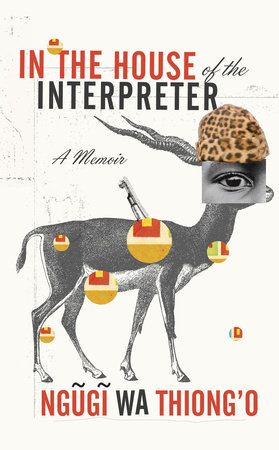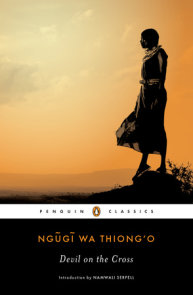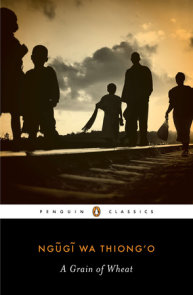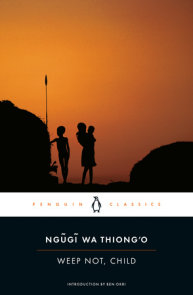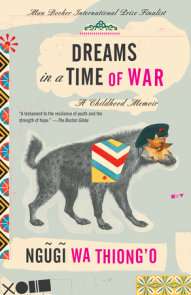

In the House of the Interpreter
By Ngugi wa Thiong’o
By Ngugi wa Thiong’o
By Ngugi wa Thiong’o
By Ngugi wa Thiong’o

-
$20.00
May 12, 2015 | ISBN 9781101910511
-
Nov 06, 2012 | ISBN 9780307907707
YOU MAY ALSO LIKE

Weep Not, Child
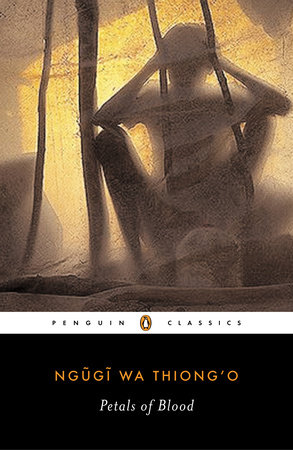
Petals of Blood
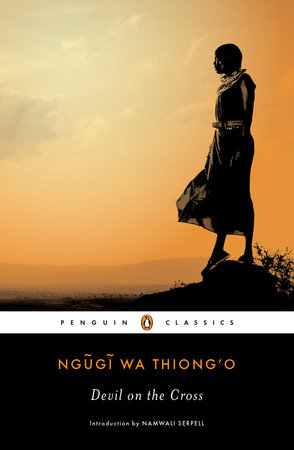
Devil on the Cross
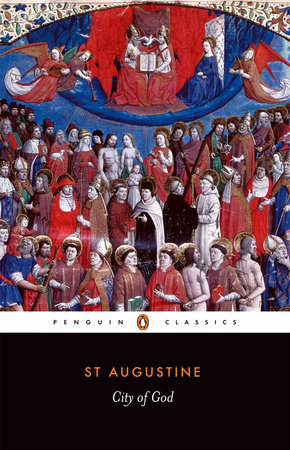
City of God
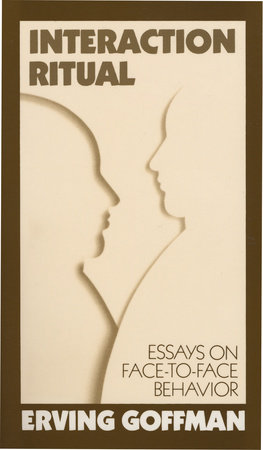
Interaction Ritual
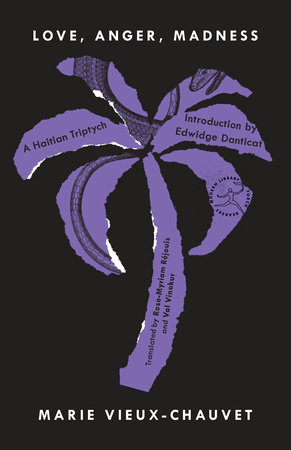
Love, Anger, Madness
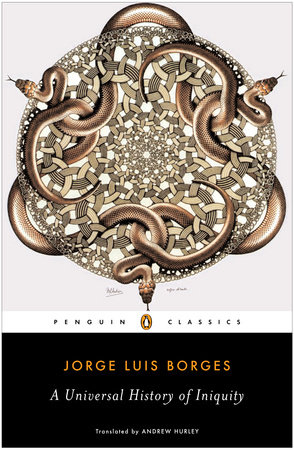
A Universal History of Iniquity
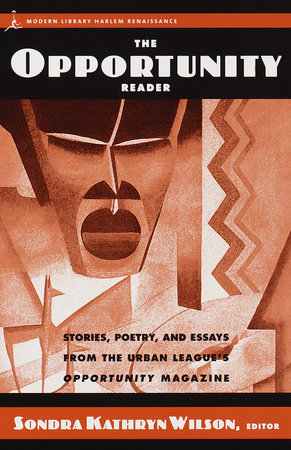
The Opportunity Reader

Spoon River Anthology
Praise
National Book Critics Circle Award Finalist
“Brilliant and essential. . . . A work of understated and heartfelt prose that relates one man’s intimate view of the epic cultural and political shifts that created modern Africa.” —Los Angeles Times
“Extraordinary. . . . Among the major works of history and literature of our time.” —The Washington Post
“Elegantly written . . . a testament to the power of education.” —Chicago Tribune
“Ngũgĩ’s memoir eloquently telegraphs the complicated experience of being simultaneously oppressed and enlightened at the hands of a colonial regime.” —The New York Times Book Review
“More than 60 years later, Ngũgĩ continues to wrestle with the greater significance of each event in his formative years, searching for resolution but often only discovering more questions. . . . A useful firsthand look at circumstances which have played out, and continue to play out, on countless stages around the world.” —The Boston Globe
“Richly moving. . . . [Ngũgĩ’s] reconstruction of the era is lucid, the incidents he records from these years are vividly recorded; it’s very easy to see the young man slowly changing directions as he becomes one of Africa’s great writers and thinkers.” —Counterpunch
“Strong and memorable. . . . Ngũgĩ has a remarkable lightness of touch. . . . A document of a remarkable writer’s political coming-of-age.” —The Independent (London)
“Luckily there was such a sharp mind present at this time and place to record with such perspicacity the confluence of race, politics, war, and literature.” —The Daily Beast
”Amazing. . . . The author easily keeps the balance between the whimsical, political, spiritual and personal.” —Ebony
“A particularly powerful indictment of British colonialism and a lasting testament to the healing power of literature. Never bitter or one-sided, tempered throughout by a love of language that cuts across deep cultural divisions, including inter-tribal rivalry. . . . There’s much to ponder here.” —Times Higher Education (London)
“A fine and fiery book. . . . A compelling memoir.” —The Scotsman
“An inspiring story of a young man determined to excel and escape.” —Kirkus
“Alternately youthfully innocent and politically savvy, this is a first-rate telling of that African revolutionary elite who determined the future of their continent.” —Publishers Weekly
21 Books You’ve Been Meaning to Read
Just for joining you’ll get personalized recommendations on your dashboard daily and features only for members.
Find Out More Join Now Sign In








